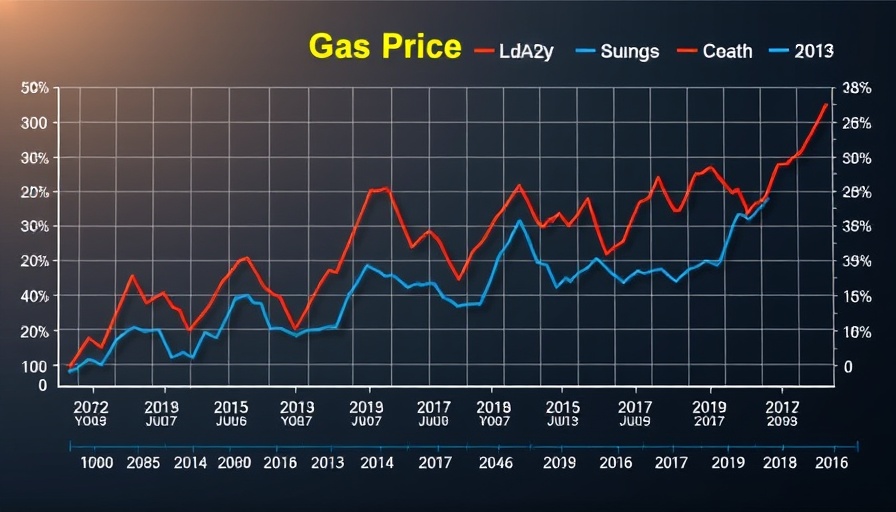
Understanding the Brand Equity Index: A Game Changer for Automotive Brands
The automotive world is constantly changing, and knowing which brands are poised to succeed or falter is crucial. The Brand Equity Index (BEI), a proprietary measurement tool developed by Strategic Vision, provides invaluable insights into automotive brands’ performance based on emotional resonances rather than just sales figures. With 2025 marking another year of profound shifts in the automotive landscape, we delve into what BEI reveals about key players and emerging trends in the industry.
Why BEI Matters: More Than Just Numbers
Understanding the BEI is essential because it captures the emotional DNA of brands. This means focusing on what truly drives consumer loyalty—feelings like trust, excitement, and perceived quality. As BEI shows, brands that have successfully captured consumers' hearts have also performed consistently well on Wall Street. For example, at the top of the 2025 BEI rankings are brands like Toyota, Honda, and Mercedes-Benz, renowned for emphasizing quality and safety—traits that resonate strongly with consumers.
The Unsung Heroes: Jaguar and Genesis
Jaguar has often been overlooked in recent analyses, yet BEI data suggests there's a hidden strength in its ownership sentiment. Despite the brand's recent struggles, Jaguar owners still regard it as the most refined brand—better than even Mercedes-Benz! This presents a unique opportunity for Jaguar to create a compelling narrative reflecting its owners' enthusiasm.
Similarly, Genesis is making waves in the luxury automotive segment. Once thought of as a newcomer, the brand has gained traction and respect compared to traditional giants like Mercedes-Benz. Genesis owners have consistently rated their vehicles higher for confidence and refinement, indicating that it could soon become a household name.
The Tesla Paradox: A Brand in Flux
On the other end of the spectrum lies Tesla, once the undisputed darling of Wall Street. Recent BEI findings indicate significant challenges as public perception shifts. While Tesla still holds appeal for its innovation, concerns over quality, safety, and customer service have led to declining interest. Notably, Strategic Vision had flagged these issues as early as 2020, long before the decline in Tesla’s stock values. But all is not lost—Tesla's robust charging network and innovative edge could allow it to redefine its brand narrative and regain consumer trust.
The Road Ahead: Future Trends to Watch
As we look to the future, the BEI helps illuminate two pivotal trends: the rise of electric vehicles (EVs) and the importance of sustainability in brand strategy. Brands that successfully communicate commitment to eco-friendly practices and technologies are likely to gain consumer loyalty. In particular, as younger generations prioritize sustainability, brands in the automotive industry will need to adapt to maintain their standings in BEI rankings.
How to Leverage BEI Insights for Automotive Maintenance
For consumers considering vehicle purchases or auto repair, understanding BEI can provide significant advantages. Recognizing which brands resonate emotionally can guide buyers in making informed decisions that align with their values and budgeting needs. Additionally, vehicle owners can use insights from the BEI to engage in better automotive maintenance practices—keeping their vehicles aligned with emotional and practical values. Accurate maintenance boosts not just the vehicle's lifespan but also its perceived value within the market.
Conclusion: The Importance of Emotional Connections
The Brand Equity Index is more than just a metric; it is a narrative that encapsulates consumer sentiments towards automotive brands. As the automotive landscape evolves, brands that adapt to these emotional connections will not only thrive in sales but also build loyalty that propels them forward. Understanding BEI not only helps consumers choose brands that resonate with them but also highlights the importance of emotional engagement in automotive success.
 Add Row
Add Row  Add
Add 




Write A Comment